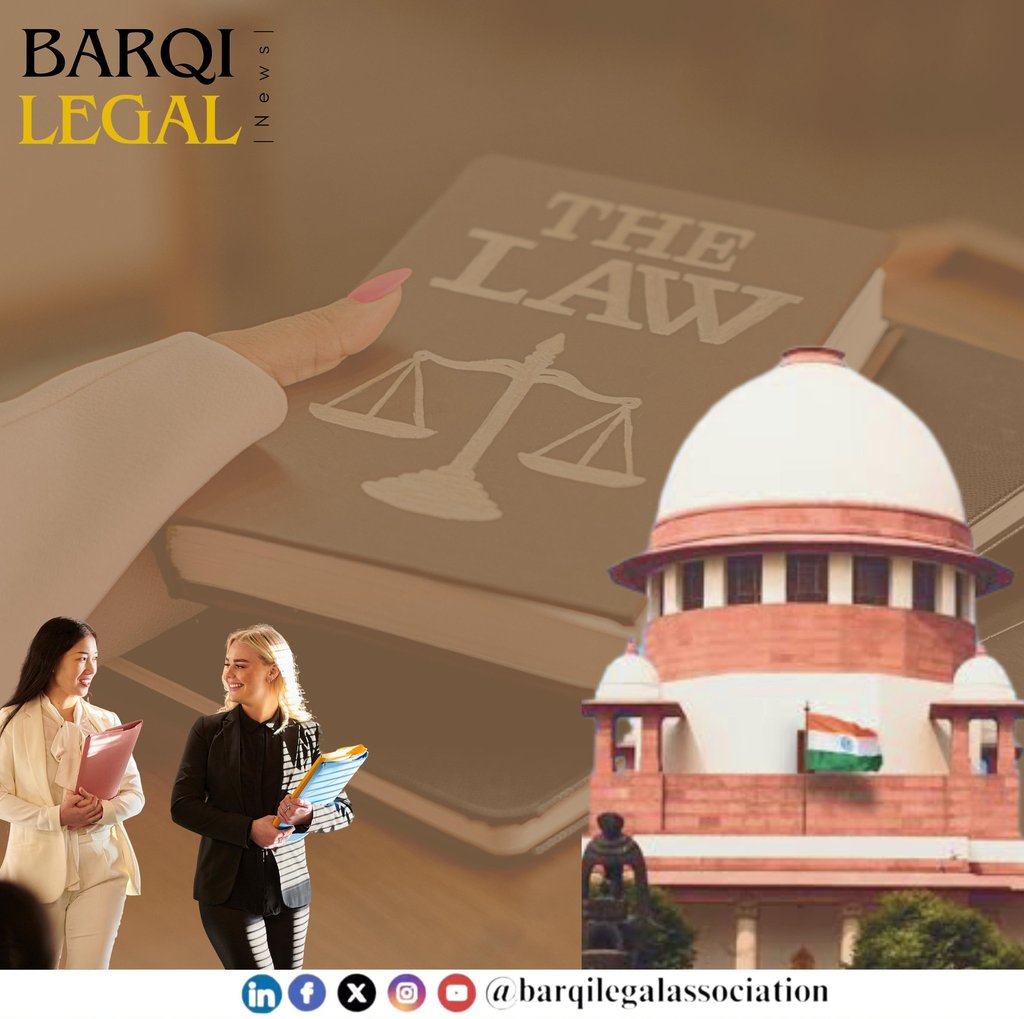Supreme Court flags bias against women lawmakers; restores election of lady Sarpanch
A Supreme Court Bench, comprising Justice Surya Kant and Justice Ujjal Bhuyan, addressed the persistent bias faced by women representatives in governance, noting that such discrimination is “unfortunately somewhat of a norm.”
10/7/20241 min read


A Supreme Court Bench, comprising Justice Surya Kant and Justice Ujjal Bhuyan, addressed the persistent bias faced by women representatives in governance, noting that such discrimination is “unfortunately somewhat of a norm.” This observation came in response to a case involving the removal of a female Sarpanch, Manisha Ravindra Panpatil, from her position in a Maharashtra village. The Court highlighted the gravity of such cases, emphasizing that dismissing an elected representative without due process is especially troubling when the representative is a woman from a rural area, elected under a reservation quota. The Bench observed that this incident represents a recurring pattern of prejudiced treatment within various administrative levels, underlining that the village community appeared unwilling to accept the authority of a female leader.
The Court noted that, unable to find any evidence of misconduct by Panpatil, certain individuals in the village had instead manufactured allegations to challenge her authority. The villagers petitioned the Collector, claiming that Panpatil lived with her mother-in-law on government land, leading the Collector to disqualify her without verification. This decision was subsequently upheld by both the Divisional Commissioner and the Bombay High Court. Panpatil then appealed to the Supreme Court.
In its ruling, the Supreme Court annulled the disqualification, criticizing the authorities’ failure to substantiate the claims against Panpatil before her removal. The Court expressed concern that such biases undermine India’s efforts to achieve gender parity and empower women, particularly at the grassroots level. Calling for increased awareness among government officials, the Court urged a more supportive environment that would allow female representatives to fulfill their roles effectively. Senior Advocate Sudhanshu S Choudhari, along with advocates Vatsalya Vigya, Gautami Yadav, Pranjal Chapalgaonkar, Sapna Sinha, and Akshay Sinha, represented Panpatil, while the respondents were represented by advocates Prashant Shrikant Kenjale, Shrirang B Varma, Siddharth Dharmadhikari, Aaditya Aniruddha Pande, Bharat Bagla, Sourav Singh, Aditya Krishna, Preet S Phanse, and Adarsh Dubey.
